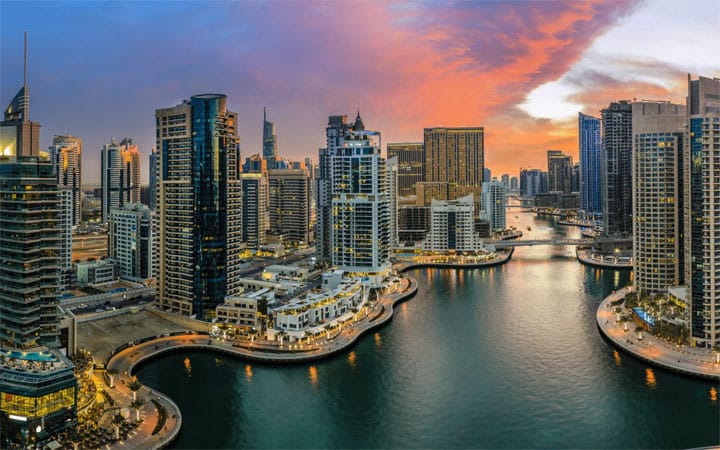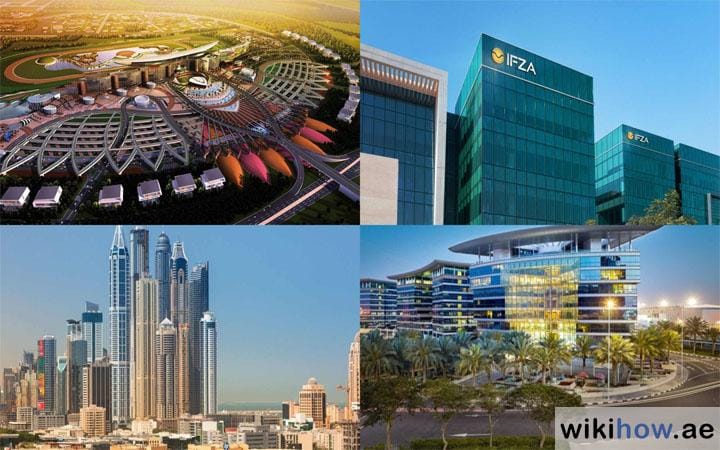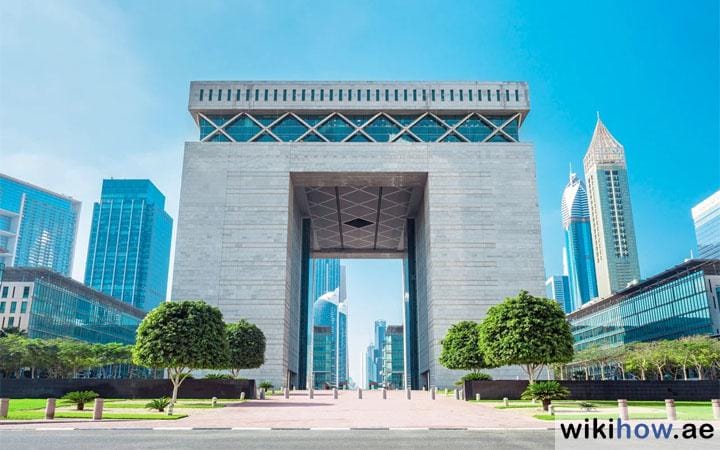How to Start a Business in UAE Free Zones: Benefits & Steps

The UAE is the central spot for businesses around the world, fully equipped with state of the art infrastructure and unrivaled opportunities. The UAE free zones allow a smoother process for entrepreneurs seeking ease of operation. These free zones in the UAE are meant to provide foreign investment with robust legal and financial privileges.
Overview of Free Zones in the UAE
With more than 40 free zones in the UAE, each free zone caters to specific industries and business needs. Popular locations include Dubai, Abu Dhabi and Sharjah, offering unique incentives tailored to different sectors.

Benefits of Free Zones in UAE
Free zones offer several advantages to entrepreneurs, including complete ownership and access to tax exemptions. Businessmen can avoid the headaches associated with complex regulations that accompany mainland businesses. In addition, the supporting ecosystem facilitates innovation and international trade.
100% Foreign Ownership
One of the most attractive aspects of UAE free zones is the ability to retain complete ownership of your business. Unlike mainland setups, there’s no need for a local sponsor or partner.
Tax Advantages and Exemptions
Free zone companies receive corporate tax exemptions for up to 50 years. There is no personal income tax, hence becoming a lucrative option for expatriates.
Ease of Setup of Business
Free zones offer one stop shop services for registration, licensing and visa procedures. It is therefore easier to start a business than in many other jurisdictions.
Popular Free Zones in UAE
Renowned free zones within the UAE include DMCC in Dubai, a leader for global trade; Jebel Ali Free Zone Authority in Dubai, which is a strong contender for logistics and Sharjah’s SAIF Zone. We are going into more detail on these areas. If you’re looking to start a real estate business in the UAE, strategic locations with supportive infrastructure offer free zones like DMCC, especially for budding entrepreneurs entering this successful market.

1. Dubai Multi Commodities Centre (DMCC)
The DMCC is a top-class free zone for commodities trade, with state-of-the-art facilities and strategic access to global markets.
2. Jebel Ali Free Zone Authority (JAFZA)
JAFZA caters to manufacturing, logistics and trade businesses. It is known for its seamless connectivity via sea, air and land.
3. Sharjah Airport International Free Zone (SAIF Zone)
This free zone is oriented to SMEs and startups, offering cost effective packages and excellent connectivity through Sharjah International Airport.
Types of Licenses Available in Free Zones
Different types of licenses are issued to UAE free zones, such as commercial licenses for trading, industrial licenses for manufacturing and production and service licenses for consultancy and professional services. Each license is issued to meet the unique needs of the business in its respective sector.
- Commercial Licenses: Commercial license type is perfect for trading businesses. It provides the power to import, export and sell goods.
- Industrial Licenses: In case of manufacturing and production companies, this license gives permission to manufacture and sell goods.
- Service Licenses: These licenses are designed for consultants, IT firms and other service based companies.
Steps to Establish a Business in a Free Zone
Starting a business within a UAE free zone encompasses opting for the right free zone based on the activity of your business concern, registering your company and obtaining the needed license. The process is straight forward, with comprehensive support from the free zone towards streamlining approvals and other regulatory requirements.
- Select the Right Free Zone: Your business activity and target market will determine which free zone is best for your company.
- Select the Appropriate Business Activity: Ensure your business activity aligns with the free zone’s regulations and industry focus.
- Register Your Company: Submit the required documents, including your business plan and identification, for company registration.
- Get the Required Approvals: Complete licensing and visa procedures to start operations legally.

Cost of Starting a Business in UAE Free Zones
The cost of starting a business in UAE free zones depends on several factors, such as the type of license, office space and requirements of the specific free zone. In general, license fees can range from AED 10,000 to AED 50,000 per year. Further costs include office leasing, visa fees and administration charges; thus, one needs to consider both the upfront and recurring expenses.
Conclusion
The UAE free zones are the gateways to global markets, unparalleled in their benefits and pro business environment. You can set your business on a path of success by understanding the process, selecting the right free zone and leveraging the available resources. Stay Informed with WikiHow UAE News. Discover the latest updates, breaking news and in depth insights from across the Emirates. Got questions? We’ve got answers! Visit us today and never miss a beat.
FAQs About Starting a Business in UAE Free Zones
What is the minimum investment required?
The minimum investment varies by free zone and business activity, often starting as low as AED 10,000.
How long does it take to set up a business?
Setting up a business in a free zone typically takes 1–3 weeks, depending on the documentation.
Can I employ staff from abroad?
Yes, free zone businesses can issue visas for international employees.





